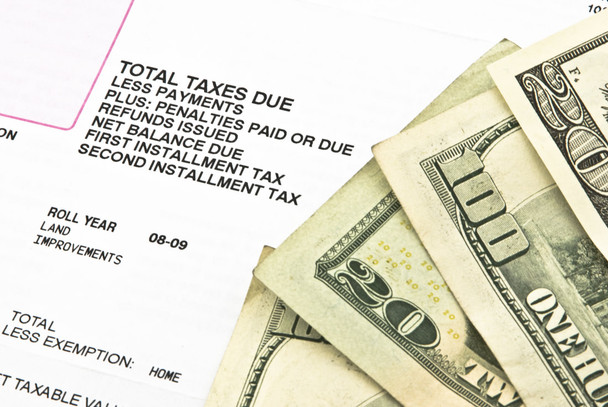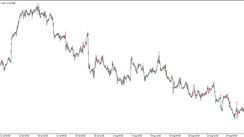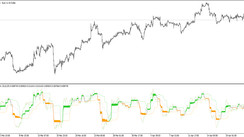Every Forex trader should be aware of the fact that profits gained through Forex trading are taxable and therefore taxes should be filed and paid properly.
This is a requirement under the laws of most countries in the world and therefore should not be ignored as sanctions for failing to pay your taxes can be very rigorous.
The relevant sections of the tax code in the US that Forex traders need to pay attention to are section 988 and section 1256. Traders may opt to abide by either of these sections depending on which one they view as putting them in a more favorable position. There are several online resources available, such as TurboTax Live , that can provide guidance from your home in Dallas, Fort Worth, Chicago, Oakland or anywhere else in the United States.
Let’s have a more detailed look at how this can be done.
Under section 988 of the US tax code, a person may offset any payable taxes by any existing net capital losses.
For the Forex trader, this means that if they find themselves in a negative net capital situation at the end of any year, they can reduce their overall tax liability by deducting the amount of the net capital loss from any taxes payable on other sources of income.
For example, if a forex trader had a net income of $15,000 from all other sources except forex trading during the year, as well as capital losses of $9,000 from forex trading, they would pay taxes on only $6,000 – the difference between the net income from other sources and the capital losses.
The $15,000 net income would be offset (reduced) by the $9000 net capital loss which effectively reduces their overall income tax liability.
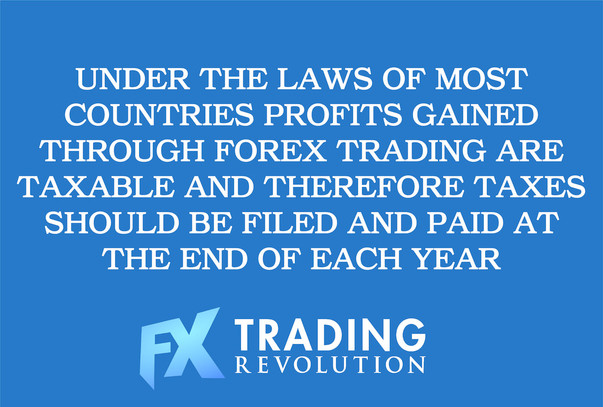
Alternatively, forex traders may opt to file their capital gains or capital losses under section 1256 of the tax code.
Under this section, traders may opt to have 60% of their earnings taxed at 15% and the remaining 40% taxed at the appropriate rate (usually 35%) based on which income tax bracket they fall into.
The overall effect is a tax rate of 23% (60% at 15% plus 40% at 35%). However, there is a capital loss limitation which means that offsetting capital losses cannot exceed total capital gains. This means that if you made total capital gains of $7000 during the year and total capital losses of $8000, you would only be able to offset your tax liability by a maximum of $7000.
Profitable Forex traders tend to prefer to file under section 1256 since this would provide the lower tax liability. On the other hand, Forex traders who end up with net capital losses at the end of the year prefer to file under section 988.
Other countries will have different tax laws. Everyone should examine the laws in his country or the country where he is obliged to pay taxes and ultimately abide by these laws.
It’s always recommended to consult a professional tax adviser concerning these issues, as tax laws can be complex in nature and rather confusing to the average person.
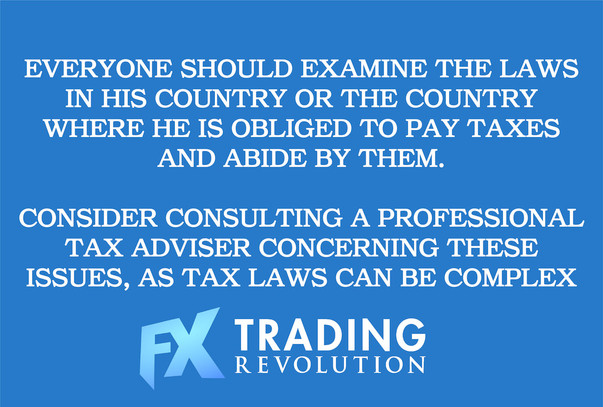
Additionally, as we noted earlier, tax laws vary greatly from country to country and what is okay in one country may be strictly forbidden in another.
All Forex traders should be also aware that your Forex broker is not under any obligation going to file taxes on your behalf.
However, your broker should be able to provide you with a statement at the end of the year which reflects your net trading results for that year.
The trader is solely responsible for filing his taxes based on what that statement reflects. In addition, tax returns should be filed regardless of whether the trader made a net capital gain or a net capital loss in his trading account.

